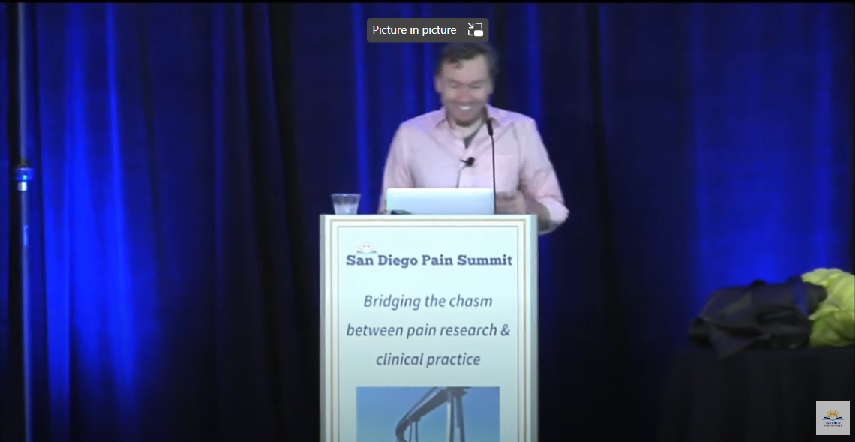
When Biomechanics DOESN’T Matter: Dr. Greg Lehman
Please note that this page is mainly for my personal reference. My notes from viewing YouTube video https://www.youtube.com/watch?v=pxEVBVlHpQE
Biomechanists find dysfunctions. Muscle timing changes, muscle tightness, ROM, weakness, stability, glute inhibition, lower crossed syndrome, altered motor control etc. We thought that biomechanics was relevant. But how many biomechanical research findings have changed clinical practice for pain? (maybe helps with injuries but not pain. Biomechanical studies try to improve how we function.
We must answer:
Once defined and measured is it plausibly related to pain/nociception? Is it more associated with pain? Do we have prospective data? Can it change and must it change to get out of pain? (most researchers don’t do the last one..the biggie)
Multiple studies have shown that hip strengthening is considered helpful for treating patellofemoral pain. But research has shown that hip strengthening does not change kinematics of lower leg. So hip internal rotation may not be the ’cause’ of patella mistracking.
Glenohumeral joint dysfunction. Impingement syndrome. Claim for scapula dyskinesis (SICK scapula syndrome) – scapula has to get out of way of humerus to avoid pinching. Right way to turn muscles on. SICK scapula inconsistent relationship with pain. But scapula exercises are clinically useful but they dont change kinematics. Not an ideal way for shoulder to move.
Impingement more or less happens everytime we move but for there to be pain present then there needs to be sensitive tissue.
We don’t need to be taking detail biomechanical courses to be able to help people – we need more of the soft skills training. What does what and what needs to be turned on first is just academic when it comes to symptom modification.
Fascia isnt as coupled as some people claim. eg raise arms in air as much as you can and then bring a knee up. Arms don’t significantly change their position. Force transfer really is not much of an issue.
Spine Stability. Motor control exercises do not significantly improve spinal stability compared with general exercise at isometric static tasks.